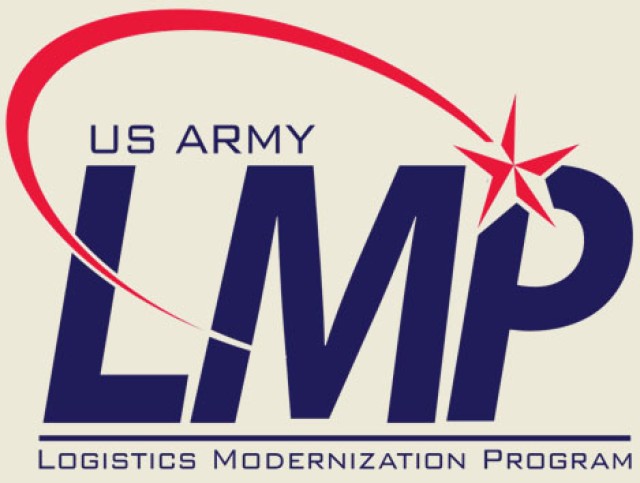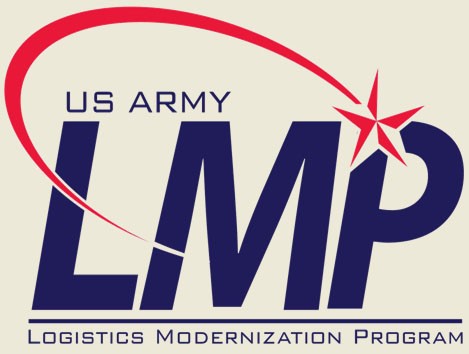The Logistics Modernization Program, a new, web-based method of managing Army materiel assets, is coming to ASC in October 2010. It will replace two of the Army's largest legacy systems, the more than 30-year-old Commodity Command Standard System (CCSS) and the Standard Depot System (SDS).
"LMP will integrate business processes across all of AMC's logistics systems, allowing the Army to support the warfighter more efficiently and effectively," said Scott Welker, deputy to the commanding general, who is leading ASC's LMP deployment.
LMP will be deployed to about 300 users in ASC headquarters as well as Army Prepositioned Stock sites in Kuwait, Qatar, Afghanistan, Italy, Japan, Korea, Charleston, S.C., and the Service Item Control Division at New Cumberland Army Depot, said Georgia Dugan, chief of the Logistics Systems Branch and ASC lead for LMP.
During its initial fielding, LMP will interface with the Army War Reserve Deployment System (AWRDS), meaning APS storage facilities will continue to use AWRDS, Dugan said.
ASC is part of the third deployment of LMP, which also includes TACOM Life Cycle Management Command and Joint Munitions and Lethality (JM&L) LCMC. In development since 1999, the first deployment took place at the Communications Electronics Command (CECOM) LCMC and associated depots in 2003, with the Aviation and Missile Command (AMCOM) LCMC and selected depots following in May 2009.
The legacy CCSS and SDS systems being replaced are based on COBOL computer programming language.
To understand how dated CCSS and SDS technologies are, they were the standard logistics integration systems well before the more seasoned ASC employees and Soldiers were playing Pac Man on their Atari and Commodore computers.
Because the systems were developed in a "stovepipe" logistics environment, they lack the integration capability vital for today's expeditionary Army logistics strategy.
Also, support for these systems is becoming difficult due to generational changes in the workforce.
"It's a lost art - an obsolete skill," Dugan said. "There are not enough people in the workforce who have the ability to support a COBOL-based system."
LMP, on the other hand, is based on SAP software technology, used by businesses worldwide to improve their flexibility and efficiency. It is expected to provide the Army Materiel Enterprise with superior functionality throughout the supply chain to serve Soldiers more quickly and effectively than the older systems. It will integrate with the Army Enterprise Systems Integration Program (AESIP) and Global Combat Support System-Army (GCSS-Army) to form the foundation of the Single Army Logistics Enterprise (SALE), Dugan said.
Meanwhile, the LMP Team continues planning for the whole range of pre-deployment, deployment and follow-on processes to ensure a successful transition for ASC. The team plans to provide more information as pre-deployment preparation progresses.
For more information on ASC's transition to LMP, go to the Web site https://www.us.army.mil/suite/page/570235, or contact Mary Holburn, ASC Enterprise Integration LMP communications lead, at mary.holburn@us.army.mil.


Social Sharing